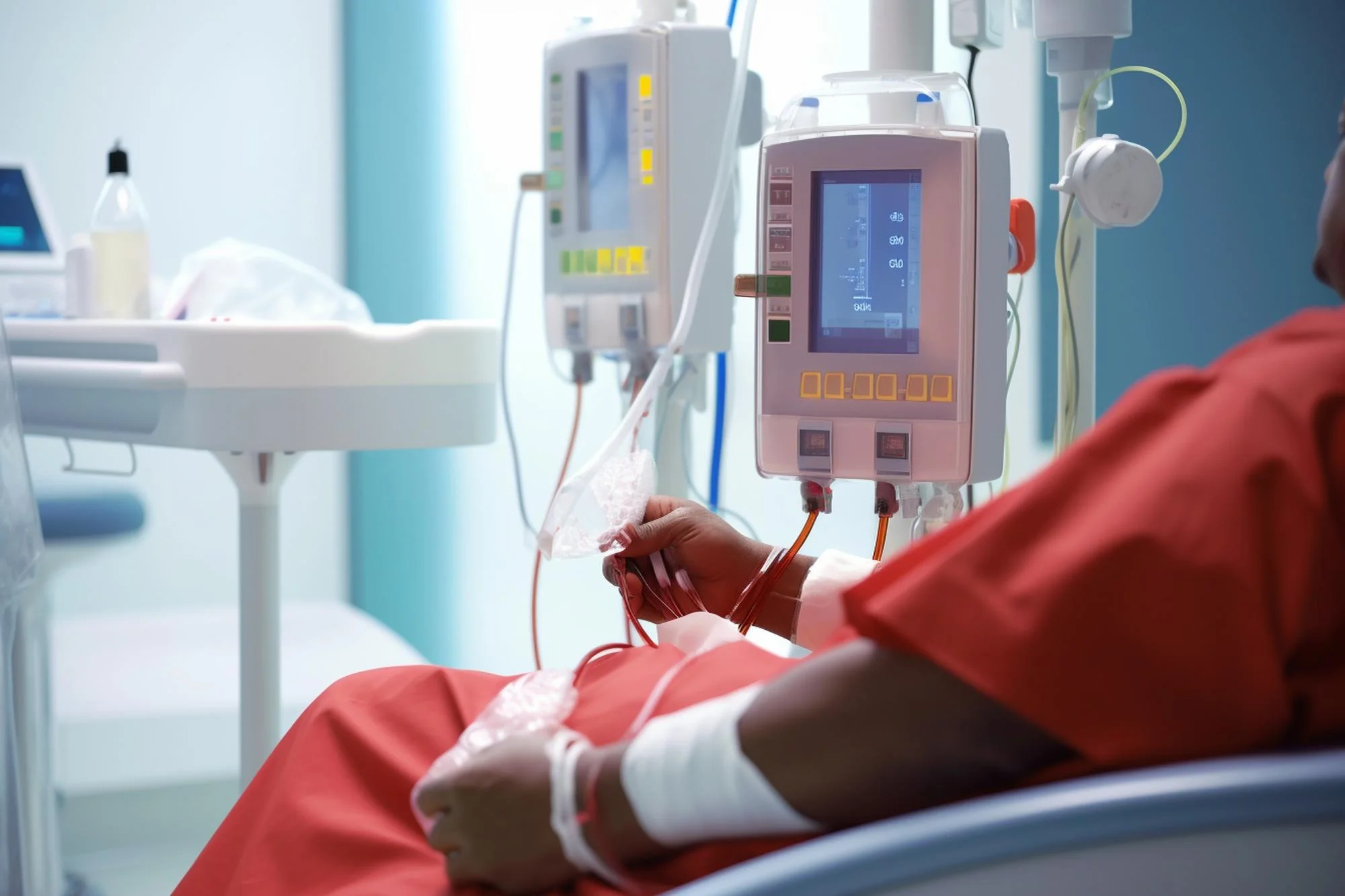A recent multicenter observational study conducted across three hemodialysis units in Greece has brought to light a crucial gap in the phosphorus nutritional knowledge among health care providers and patients on hemodialysis. This research, published in Clinical Nutrition ESPEN, points to an urgent need for enhanced education for both caretakers and patients to improve adherence to nutritional guidelines and overall health outcomes.
The Study: Overview and Implications
The study, led by Zoe Pafili from the Department of Dietetics at Evaggelismos General Hospital and the School of Physical Education and Sport Science, National and Kapodistrian University of Athens, aimed at assessing the phosphorus nutritional knowledge of hemodialysis patients, nephrologists, and renal nurses, while also seeking potential interventions to improve patients’ adherence to phosphorus and overall nutritional guidelines.
Phosphorus is an essential mineral involved in various body functions including the formation of bones and teeth, but it is a nutrient that patients with kidney disease often need to monitor and restrict in their diet to prevent dangerous levels in their blood. This is because damaged kidneys can’t filter out excess phosphorus effectively, leading to hyperphosphatemia which is associated with heart disease and bone disorders.
Study Findings and Concerns
Participants in the study included 68 hemodialysis patients, 19 renal nurses, and 11 nephrologists. They were evaluated using a 25-item questionnaire (CKDKAT-N) assessing knowledge on phosphorus, protein, sodium, and potassium. The results revealed that:
1. Nephrologists scored significantly higher on the questionnaire compared to renal nurses and patients.
2. No significant differences in knowledge scores were observed between nurses and patients, which is particularly worrisome since nurses are responsible for patient education.
3. Patients and nurses answered significantly fewer questions regarding phosphorus correctly compared to other nutrients.
4. A positive correlation was found between serum phosphorus levels and phosphorus knowledge scores, highlighting the potential benefit of improved education.
5. Relatively few of the participants could correctly answer all three questions on dietary recommendations for phosphorus, potassium, and sodium.
This study indicates that nephrologists, although better informed, still lack critical nutritional knowledge that impacts the overall understanding of patients and nurses. For renal nurses, it is alarming that their level of knowledge was similar to that of the hemodialysis patients they are tasked with educating.
Continuing Education as a Potential Solution
As a remedy to this concerning situation, the study authors advocate for continuing education for nephrologists and renal nurses focusing on nutrition. Improved training could significantly enhance the nutrition care of hemodialysis patients and lead to better management of their condition. The findings emphasize the necessity of such educational programs to ensure that health care providers are attuned to the nutritional needs of their patients and can guide them effectively.
Call to Action
In response to the study’s findings, there is a clear call to action for health systems to integrate structured educational programs that address these educational gaps. Such programs should be developed in conjunction with dietary experts specializing in renal nutrition, to provide evidence-based guidelines and training modules that can be utilized across hemodialysis units.
Policy Implications
The implications of this study reach beyond individual patient outcomes. There is a need for policy frameworks that mandate the inclusion of nutrition education within the curriculum of medical and nursing programs, especially those focusing on renal diseases. Furthermore, continuous professional development in nutritional sciences for nephrologists and dialysis personnel must be incentivized and structured as a part of standard care practice.
Conclusion
The findings underscore the pertinence of phosphorus nutritional knowledge and its direct influence on the health of hemodialysis patients. This multicenter observational study serves as a crucial reminder of the gaps in the healthcare system that need bridging, not only for the improvement of patient compliance to dietary recommendations but also to enhance the overall quality of healthcare delivery by informed professionals.
References
– Pafili, Z. Z., Maridaki, M. M., Giannaki, C. D., Karatzaferi, C., Liakopoulos, V., Eleftheriadis, T., Stefanidis, I., & Sakkas, G. K. (2019). Phosphorus nutritional knowledge among dialysis health care providers and patients: A multicenter observational study. Clinical Nutrition ESPEN, 31, 33-37. DOI: 10.1016/j.clnesp.2019.03.005
Keywords
1. Phosphorus Nutritional Knowledge
2. Hemodialysis Dietary Guidelines
3. Renal Nutrition Education
4. Nephrologists Dietary Knowledge
5. Hemodialysis Phosphorus Management
Through proper dissemination of this study’s findings, improved dietary management for hemodialysis patients can be achieved, providing them with a stronger foundation for coping with their condition and reducing risks associated with improper phosphorus levels.
